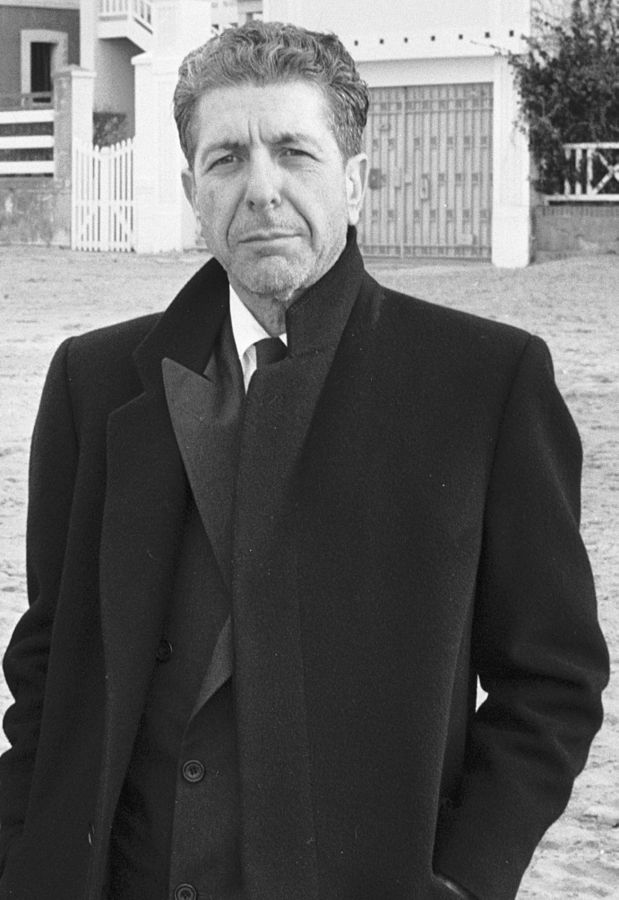"The Anti-Confederation Song." This folksong originated around the time of the heated 1869 election in which Newfoundland was to decide whether or not to join the newly formed Dominion of Canada. Pro-Confederationists argued the advantages of lower prices for goods; Anti-Confederationists countered with the prospect of high taxes on fishermen's boats and gear and played on Newfoundlanders' pride in being Britain's oldest overseas colony.
The traditional tune is possibly a variant of the widespread "Villikins and His Dinah." The song was published first by Gerald S. Doyle in Old-Time Songs and Poetry of Newfoundland (St. John's 1940), and is included in the Fowke-Johnston Folk Songs of Canada (Waterloo 1954) and the Fowke-Mills Singing Our History (Toronto 1984). Alan Mills recorded it (Folk 3000).
The song's lyrics express pride for the island and convey a sense of distrust in the proposed terms of union:
Ye brave Newfoundlanders who plough the salt sea,
With hearts like the eagle so bold and so free,
The time is at hand when we'll have to say
If Confederation will carry the day.
Men, hurrah for our own native Isle, Newfoundland,
Not a stranger shall hold one inch of its strand;
Her face turns to Britain, her back to the Gulf,
Come near at your peril, Canadian Wolf!
Cheap tea and molasses they say they will give,
All taxes taken off that the poor man may live;
Cheap nails and cheap lumber, our coffins to make,
And homespun to mend our old clothes when they break.
If they take off all taxes, how then will they meet
The heavy expenses on army and fleet?
Just give them the chance to get into the scrap,
They'll show you the trick with pen, ink and red tape.
Would you barter the right that your fathers have won?
Your freedom transmitted from father to son?
For a few thousand dollars Canadian gold
Don't let it be said that our birthright was sold.

 Share on Facebook
Share on Facebook Share on X
Share on X Share by Email
Share by Email Share on Google Classroom
Share on Google Classroom

